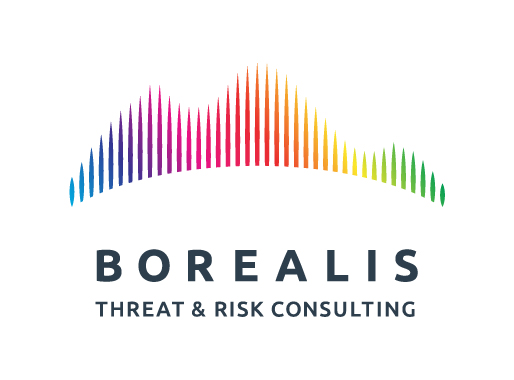This piece first appeared in the Epoch Times Canada on October 3, 2023.
Psst! Can you keep a secret?
If we are to believe the Crown in Canada, Cameron Ortis sure couldn’t. He is the former director of intelligence for the RCMP accused of leaking classified information without authorization. He was arrested four years ago and his trial is now finally getting underway. (Trials in Canada have a tendency to take a long time to launch—why?)
Mr. Ortis will take the stand in his own defence. His lawyers claim that their client in fact had the “authority to do everything he did.” The Crown’s charges relate to the Security of Information Act, a piece of legislation passed in 1985 to replace the former Official Secrets Act. In a nutshell, the act says that information deemed secret (or above) by the Government of Canada can only be shared with individuals with a “need to know” and a requisite security clearance. It remains under strict control essentially forever (or until unclassified).
A lot of people, myself included, are watching this trial eagerly. After all, for more than three decades I worked in environments where very highly classified intelligence was used (at the Communications Security Establishment and the Canadian Security Intelligence Service). I took my obligations seriously then and continue to do so now. The fact that I am retired, no longer have access to sensitive material, no longer have a valid security clearance, and yet write openly about my career—to an extent—has no bearing on the ongoing requirement to protect the very stuff I had access to for 32 years.
Mr. Ortis is indeed innocent until proven guilty beyond a reasonable doubt, as he should be in a liberal, secular democracy, and it is very interesting that the Crown has elected to go to trial at all. In cases like this, the decision to have hearings does introduce the possibility that the defendant and/or his lawyer will need to refer to classified data in open court to make their case. What the government does not want is for a situation in which it alleges some information has already been shared when it should not have been, to get even worse as more info is disclosed. A lot of this case may unfold in-camera (with the jury, but not the press, present).
There are two other aspects of this trial that bear mentioning. The first is the effect on Canada’s allies in the Five Eyes intelligence network—Australia, Canada, New Zealand, UK, and U.S.—and beyond. These partners send us their sensitive intelligence, both raw and processed, with the understanding that we will protect it. If it ensues that Canadian officials treat this material haphazardly our closest friends may wonder whether to continue to share it. As a net importer of intelligence (we get a heck of lot more than we give back) this would be a huge blow to the secret material senior officials use to make better decisions and policies.
More importantly, the second point is that we have a poor history in Canada of dealing with those who do not follow the rules. In my time at CSE, two individuals went public with very detailed descriptions of very sensitive intelligence-collection programs and… nothing happened. One of those two even wrote a book about his experiences. Neither incurred any punishment at all. For those of us still on the inside, still holding to our obligation to keep secrets secret, this was devastating. Why were they allowed to do what they did, all of which had incredibly dire consequences for our intelligence collection programs?
Will Ortis walk? Or will he be found guilty and do time behind bars? I guess we will have to wait and see.
In any event it has been quite a time for intelligence in Canada in recent months. The prime minister invoked the Emergencies Act over the Freedom Convoy despite CSIS’s public pronouncement that there was no threat to national security (which by the way is the ONLY condition under which the act can be used), did not bother to read intelligence on Chinese interference in Canada’s elections in 2019 and 2021, leaked information on alleged Indian involvement in the killing of a Sikh activist in Surrey, and now the Ortis trial.
In the view of an old intel analyst, this has been a banner time and a good opportunity to give some background and context so Canadians can get a sense of what this is all about.
I think I will be busy for a while yet. So much for “retirement”!

